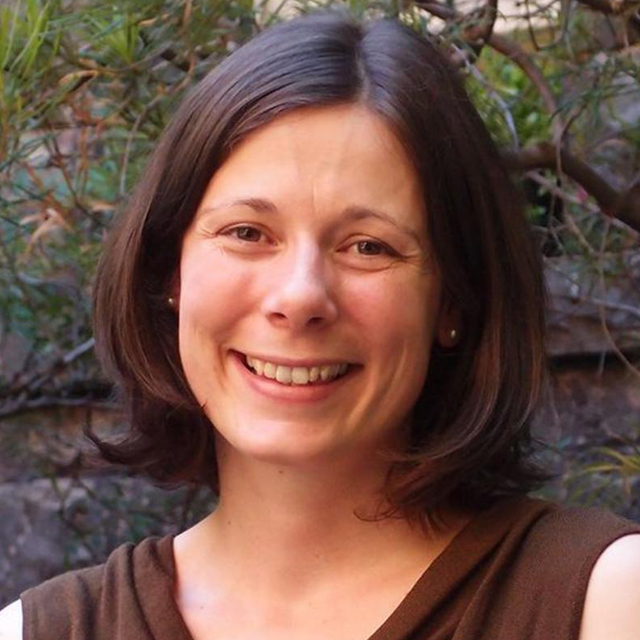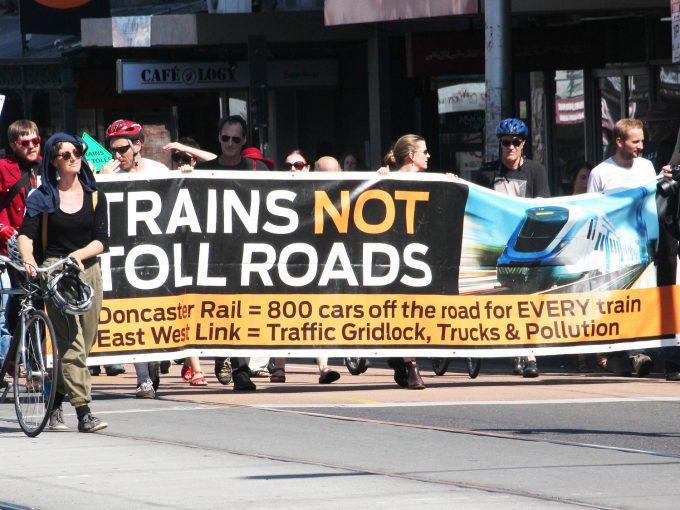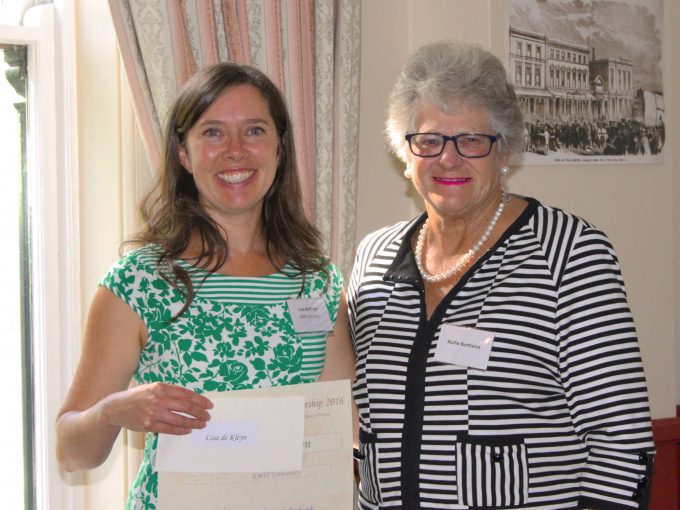Community concern can be ignored when government considers transport planning, but one RMIT researcher is delving deeper into the issue.

Dr Crystal Legacy is an Australian Research Council Fellow and the recipient of a Discovery Early Career Researcher Award.
The East West Link project and the future of Victoria’s public transport network are issues that have dominated the headlines in the broader community in the lead-up to this year’s state election on Saturday, 29 November.
Dr Crystal Legacy from RMIT’s Centre for Urban Research has found herself at the heart of the debate while examining community-led campaigns against the East West Link.
Dr Legacy recently completed a six-month project titled, Transport planning from ‘outside’: the role and impact of community initiated transport discussions on policy and discourse.
The research included 15 semi-structured interviews with community leaders who are actively engaged in, or leading, an anti-East West Link or pro-alternative transport future campaign in metropolitan Melbourne.
Dr Legacy said her research focused on the initial phases of the community campaigns and involved documenting community strategies to oppose the proposed road tunnel, including an analysis of the broader community’s engagement.
“It exposed the intersections between informal community strategies to achieve policy change and formal government decision-making processes in infrastructure planning,” she said.
“And it revealed how community-based opposition creates multiple platforms to construct alternative transport visions for the state.”
Dr Legacy said the campaigns provided illustrations of how communities might lead the re-democratisation of infrastructure planning and implementation, rather than government’s favoured top-down approach.
A native Canadian who came to Australia in 2005 to complete a Master of Environment at the University of Melbourne, Dr Legacy is now an Australian Research Council Fellow and the recipient of a prestigious Discovery Early Career Researcher Award (DECRA), which will support her research until mid-2017.
Her DECRA project – Planning in a state of panic: Did the economic crisis transform city making practices for the long term? – investigates the tensions between large-scale economic crises and emergent city participatory planning practices.
It is largely related to reactionary government economic decisions in Australia and Canada following the global financial crisis in 2008, but also links to her community-based research around the East West Link project.
Dr Legacy will undertake a detailed examination of the local impacts that top-tier government decisions – national and state – have on cities in Australia and Canada.
Much of her work relates to the benefits of participatory planning, which emphasises the involvement of the entire community in the strategic and management processes of urban planning.
“But despite the known benefits of participatory planning in city development, when faced with an economic crisis, national governments have reacted by adopting policy interventions aimed at stimulating economic growth to mitigate a recession,” she said.
“The research will help policy makers understand participatory planning’s role in implementing critical infrastructure, both in and outside national economic crisis.
“It will suggest how national, state and local governments can leverage participatory planning to achieve the best possible outcomes for cities and their citizens.”
Dr Legacy is currently undertaking field-work in Canada as part of the DECRA project, where she is interviewing senior policy makers in the Canadian and Ontario (province) governments.
She aims to better understand the motivations and strategies of higher tiers of government when directing infrastructure spending into local communities in periods of economic uncertainty.
Her focus will centre on national and state government’s prioritisation of job creation, growth stimulation and the strengthening of economic resilience, and the impacts this has for local decision making and citizen participation.
Since January, Dr Legacy has also worked with the Future Melbourne Network, who ran a five-part seminar series titled Creating a Better Future for Melbourne.
An e-book titled Melbourne What Next? will be launched this month as a result of the series, from which extracts have been drawn and recently published in The Age and The Guardian.
Dr Legacy contributed to the book’s publication along with the CUR’s Professor Jago Dodson.
Originally published on RMIT News.





